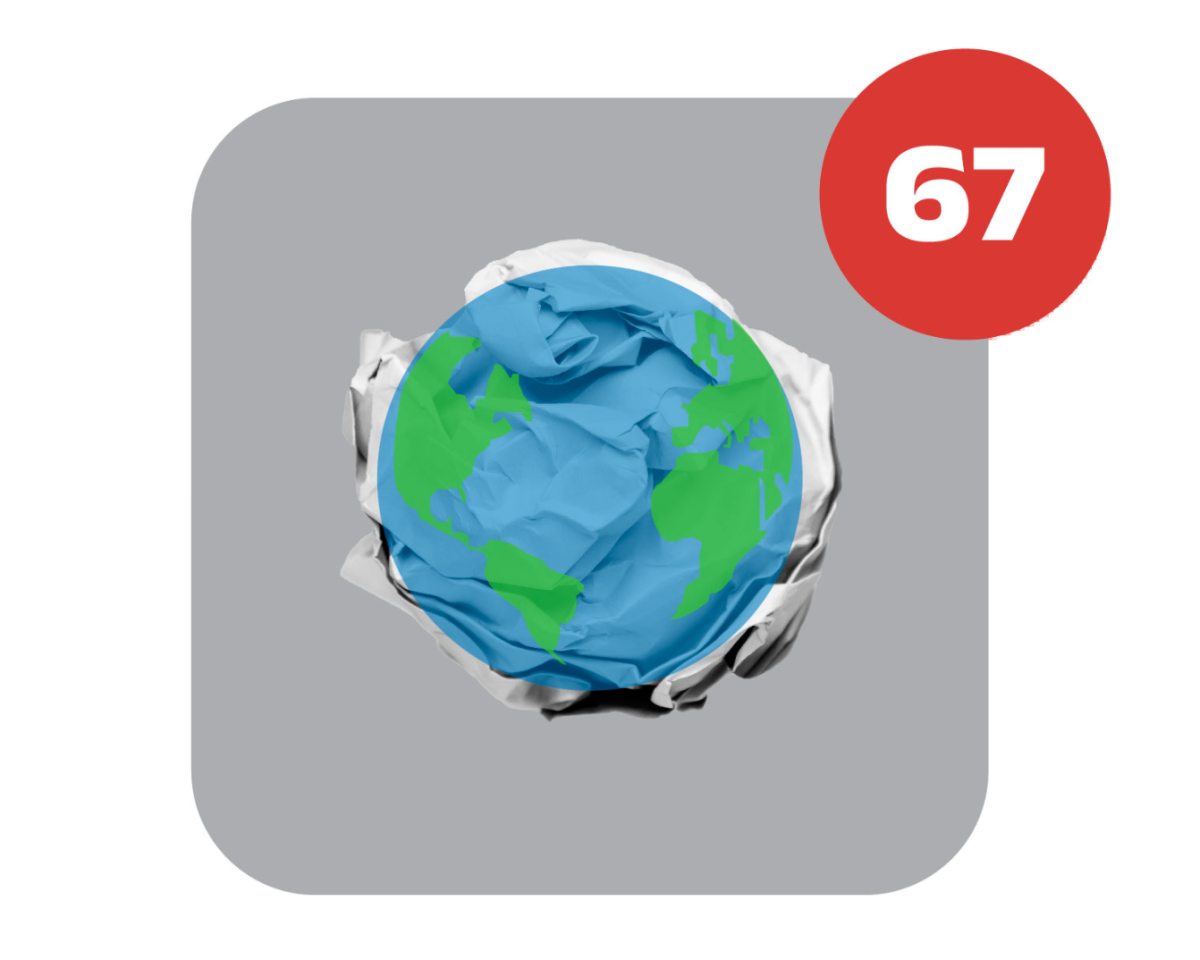Sometimes I don’t go on TikTok for three days and come back to 67 videos sent by my roommate, 60% of which are inevitably Hunger Games-related. It’s a double-edged sword because I can and will waste an hour of my life watching every single one of them. I will be happier for it, but my half-finished literary analysis will sit untouched on my laptop across the room.
Sometimes I see Tweets (or whatever we’re supposed to call them now that Elon has wrecked Twitter) that are so ridiculous I want to bury my phone in a pile of wet leaves for the next several business days. But sometimes I open TikTok and discover my new favorite song, or Instagram and watch artists get the recognition they deserve, or Twitter and find heartstring-pulling short films people have created, and I cannot believe that the internet is free.
Platforms like TikTok allow creative content to be produced and distributed by anyone immediately, and that is wonderful. We’re populating the internet with some real talent and beautiful art, some of which would never have been discovered without the possibility of gaining an online following. But because the World Wide Web is so populous, I fear we don’t appreciate everything it gives us like we should.
I know a lot of people who give up TikTok or another form of social media for Lent, and upon reflection I realize that yes, that is a very significant sacrifice. For several weeks, these people are willingly depriving themselves of the internet’s free art — unreleased music, film class assignments rivaling movie theater experiences, spoken-word poetry from someone’s notes app. Sometimes, these people decide not to redownload social media. Sometimes people go on a “social media cleanse” and find themselves reborn, renewed, rejuvenated, and I think that happens because they stop taking everything around them for granted.
Part of the reason we are becoming disenchanted with the world at large is because the world “at small” is so readily available. I, like Molly McFadden, do not believe social media is a sinful and generation-killing phenomenon, but I do believe it’s making us take things for granted more than ever. When I see the sun setting over the West Lot, my first instinct is to take a picture of it, not live in that moment.
I see a new Marie Lu book in a store and don’t hide between shelves to read the first chapter because I can get it on the Twin Cities Metro E-Library. I hear a Wilder Woods song through coffee shop speakers, and I find out the title through Shazam and never think about it again. I see a John Singer Sargent painting or a cool building or a sculpture out of some myth my Percy Jackson heart immediately falls in love with, and I walk away after ten seconds because I have a picture now that will make it last forever.
This is such a bad thing.
This is such a good thing.
I can’t tell you how many songs I’ve dumped in my “hyperfixating rn” playlist because I saw the artist promote it on my For You page. I can’t tell you how many five-star books I’ve read because an influencer with a color-coded bookshelf told me to. I can’t tell you one single instance where I have done one of those things and then sat back and said, “Wow, I sure am grateful that the fast-paced outreach provided by new mediums like TikTok have provided me with some of my favorite creative productions free of charge.” Nobody does that.
But shouldn’t we?
This doesn’t stop, necessarily, at art — in my interactive design class it’s come to my attention that we use the internet itself in a way that is wholly ignorant of how the web functions. We take so many aspects of life for granted. If we took the time to understand the functions of every aspect of our daily lives, we’d never have time to do anything else. But we can, at the very least, make a conscious effort to be aware of our own ignorance, to be curious in the ways we can afford to be.
We can engage with our phone screens as both a gateway and a container, a portal to good and bad content and a means of limitation and isolation. There is, as in all things, a balance here we need to strike, a balance between thirty-second videos of people playing guitar and live music on Selby Avenue, between Hunger Games TikToks and printed books, between the permanence of a digital image and the fleeting beauty of the view out the car window.

![Nelson Hall Resident Director Kendall Engelke Davis looks over to see what Resident Assistant Chloe Smith paints. For her weekly 8 p.m. staff development meeting in Nelson Shack April 16, Engelke Davis held a watercolor event to relieve stress. “It’s a unique opportunity to get to really invest and be in [RAs’] lives,” Engelke Davis said, “which I consider such a privilege.”](http://thebuclarion.com/wp-content/uploads/2024/05/041624_KendallEngelkeDavis_Holland_05-1200x800.jpg)

















Greta! • Sep 15, 2023 at 9:50 am
Rachel’s Pulitzer Prize WHEN???? I love to see queens dropping masterpieces everywhere they go.